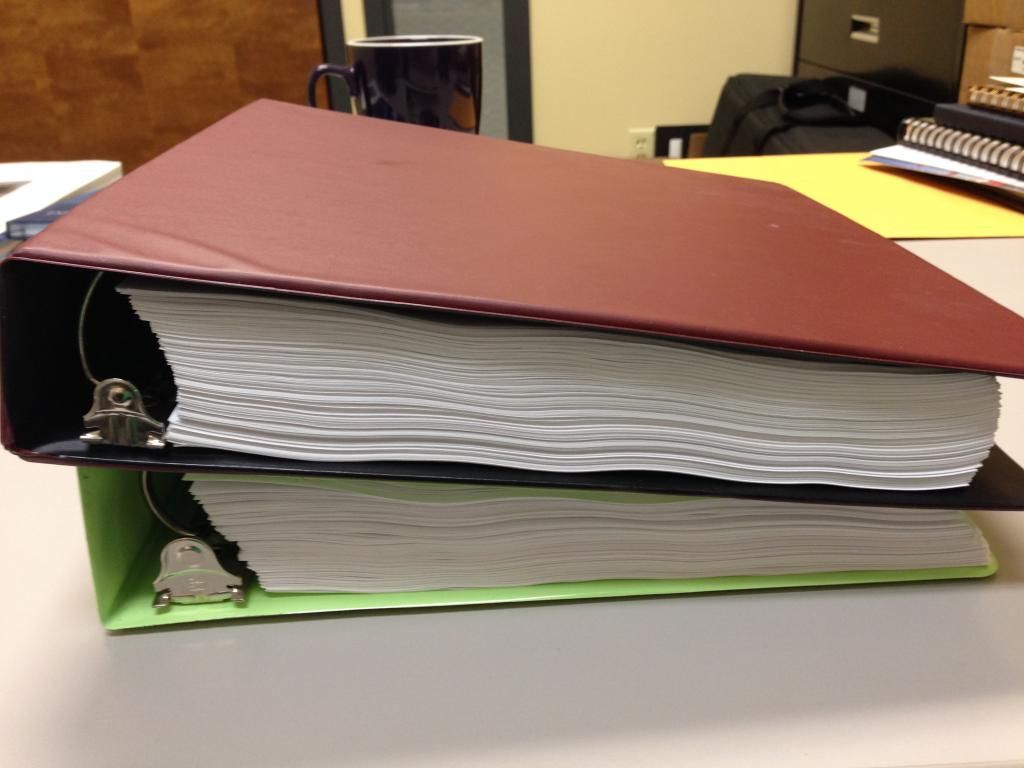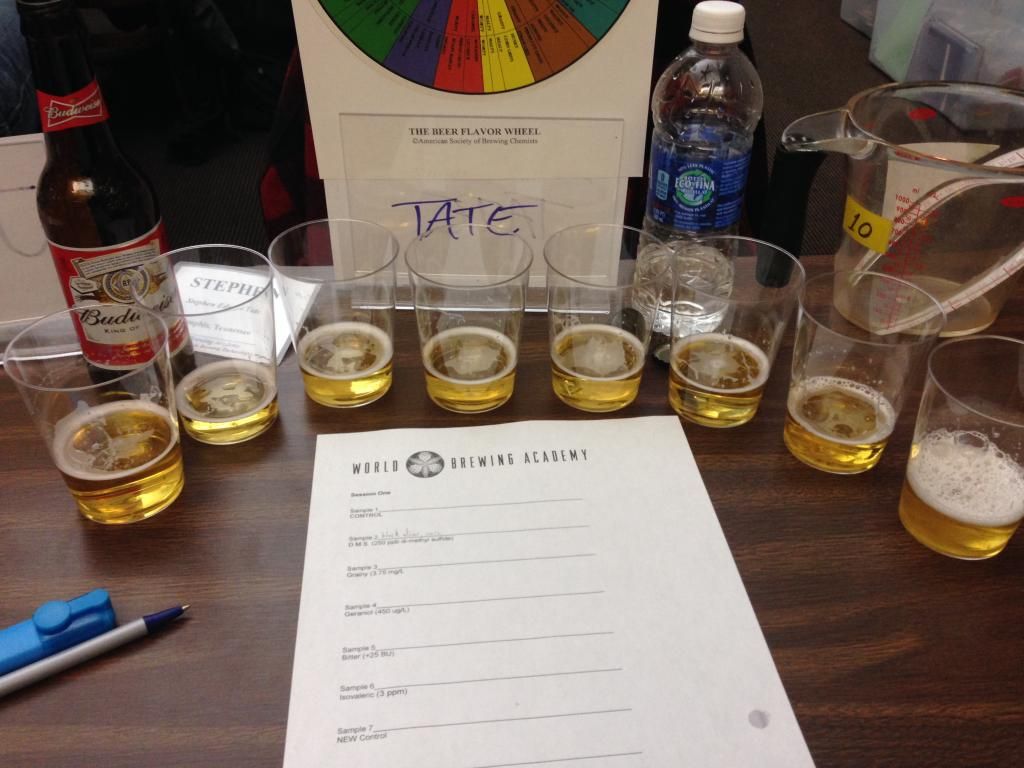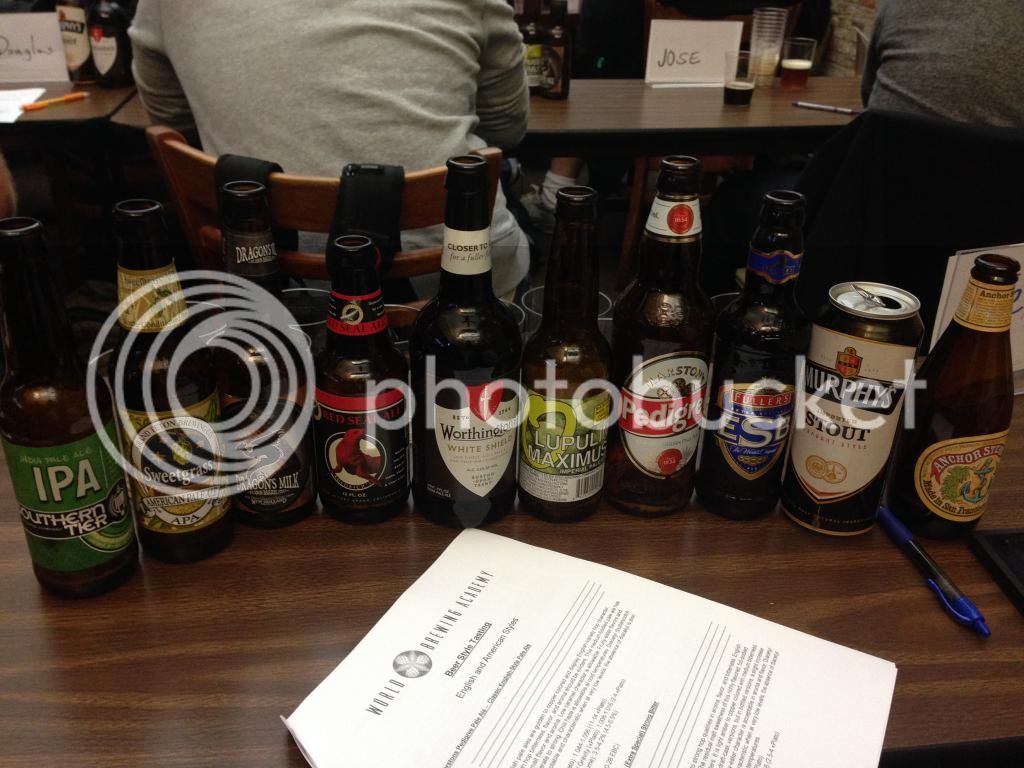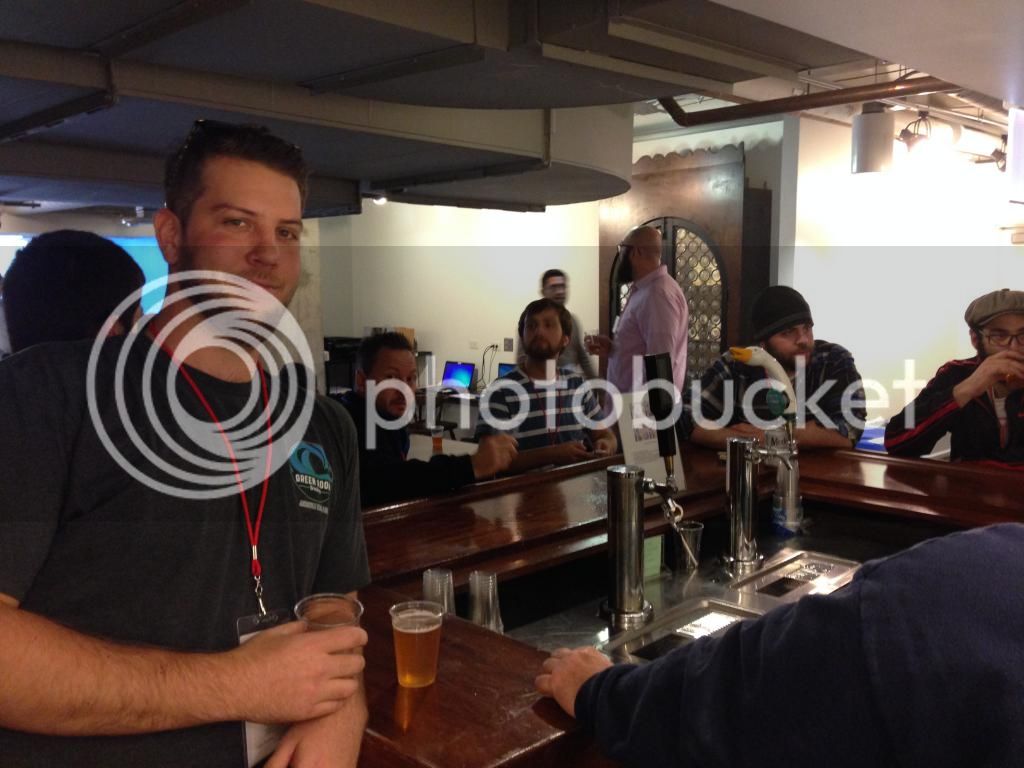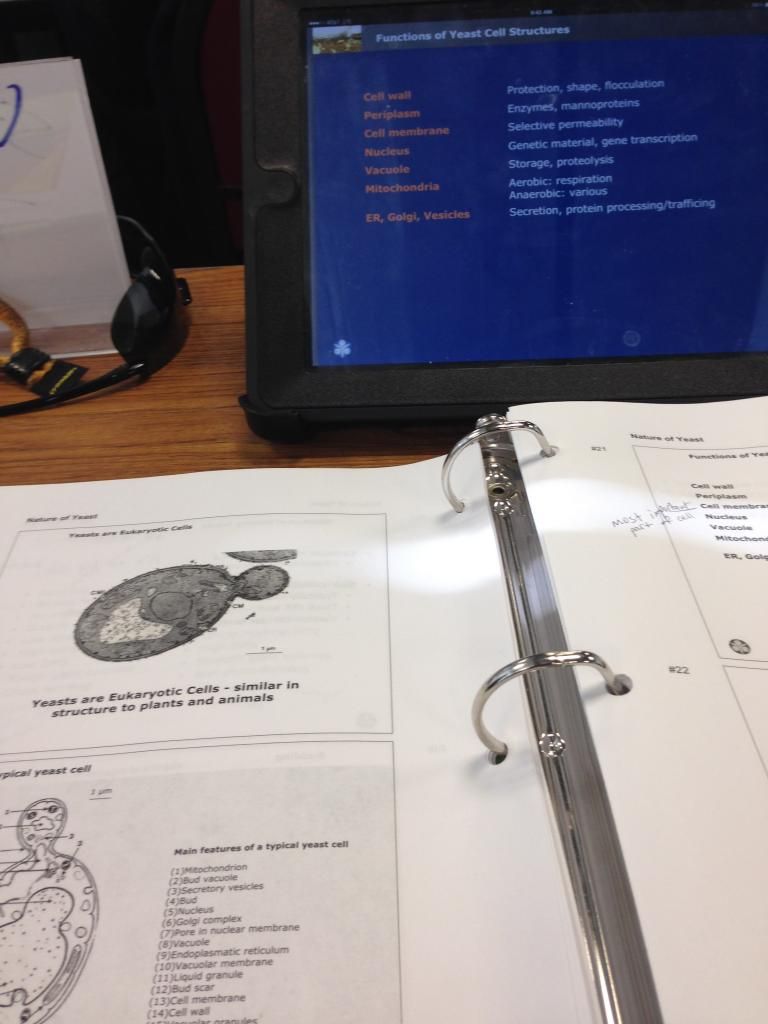marcownz747
Certified Cicerone, YPG vet
Hey everybody,
I'm interested in attending a brewing school or program, and am unsure of where to begin looking. I've been brewing for two years now, and have been exposed to my father's brewing since before I can remember. The problem is, I have no relevant official schooling in the sciences beyond high school. I've been keeping up on my math and chemistry skills and literacy, but have nothing in writing to show for this. Many programs I've come across require prerequisites in paper, rather than ability.
I was wondering if anybody had suggestions, ideas, or past experience with programs or courses which didn't necessarily require a paper trail of previous classes. Brewing (like many of you) is my passion. It's the one thing that I excel at, and the only career I can see myself truly being happy in. Hell, there are plenty of breweries opening up or looking for help in my area. I'd shovel grains for the experience, but getting a job in the beer industry? Every frat boy wants that, and with no paper trail to my name, I'm on an equal footing with these individuals.
Essentially, I want to increase my knowledge further, while getting a brewing related paper trail to boost my chances of getting into the industry (even if it's only for a grain shoveling position). Does anybody know of anything useful for this purpose? Afterall, passion only gets us so far in life.
(I apologise if this is in the wrong forum. I assume that since the question covers schooling, courses, or certifications related to brewing science, this falls into this category.
I'm interested in attending a brewing school or program, and am unsure of where to begin looking. I've been brewing for two years now, and have been exposed to my father's brewing since before I can remember. The problem is, I have no relevant official schooling in the sciences beyond high school. I've been keeping up on my math and chemistry skills and literacy, but have nothing in writing to show for this. Many programs I've come across require prerequisites in paper, rather than ability.
I was wondering if anybody had suggestions, ideas, or past experience with programs or courses which didn't necessarily require a paper trail of previous classes. Brewing (like many of you) is my passion. It's the one thing that I excel at, and the only career I can see myself truly being happy in. Hell, there are plenty of breweries opening up or looking for help in my area. I'd shovel grains for the experience, but getting a job in the beer industry? Every frat boy wants that, and with no paper trail to my name, I'm on an equal footing with these individuals.
Essentially, I want to increase my knowledge further, while getting a brewing related paper trail to boost my chances of getting into the industry (even if it's only for a grain shoveling position). Does anybody know of anything useful for this purpose? Afterall, passion only gets us so far in life.
(I apologise if this is in the wrong forum. I assume that since the question covers schooling, courses, or certifications related to brewing science, this falls into this category.




